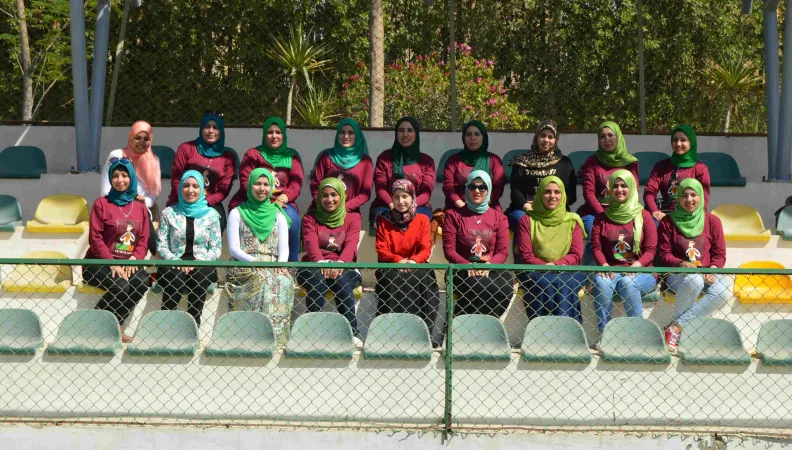Share the page
High-quality education provision developed by the private sector in Egypt
Project


-
Signature date
-
-
Location
-
Egypt
-
Financing tool
-
Financing amount (Euro)
-
13848189.81
-
Financing details
-
USD 14,65m Equity investment
-
Customer
-
TIBA GROUP
-
Type of customer
-
Company
-
Project number
-
PEG1027
-
Environmental and social ranking
-
B
This information is given at the time of signature, without prejudice to any developments in the operation/project.
By contributing to the development of Tiba Group, PROPARCO is strengthening private education provision in Egypt, where it is lacking. This support is also contributing to institutionalizing a leading company in its sector.
Client presentation
Tiba Group was founded in 1990 by Dr. Seddick Afifi and is one main private education players in Egypt. It has some 20,000 students, from primary to high school, and is made up schools (Thebes International Schools, TIS), two higher technical education centers (Integrated Thebes Academy, ITA) and a university. Abraaj Group acquired 75% of the capital in 2015, via its fund dedicated to North Africa.
Proparco’s direct investment in Tiba Group has been made alongside the ANAF II fund, which is now managed under the supervision of the provisional liquidator of Abraaj Group. In this context, Proparco and its co-investors are continuing their strategy to institutionalize Tiba Group and contribute to its growth in order to strengthen private education provision in Egypt.
Project description
Proparco’s equity investment was conducted as a co-investment with Abraaj Group’s ANAF II fund. This operation will support its development and organizational transformation plan for Tiba Group. The plan includes the overhaul of managerial chains, the implementation of information systems, the structuring of governance in line with the highest standards and the creation of partnerships with the Abraaj corporate network.
Project impact
This operation will contribute to the development of accessible private education facilities in Egypt, where high-quality education provision is structurally in deficit and private alternatives are scarce and expensive. It will also help create jobs and additional tax revenues in Egypt. In addition, it will support the institutionalization of a leading family-owned education group, while improving education provision and graduate employability.


